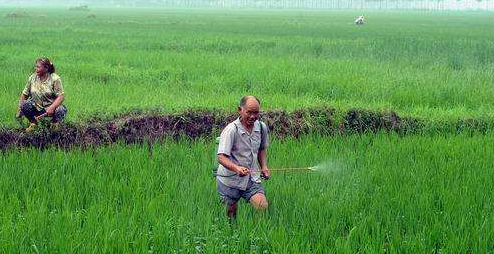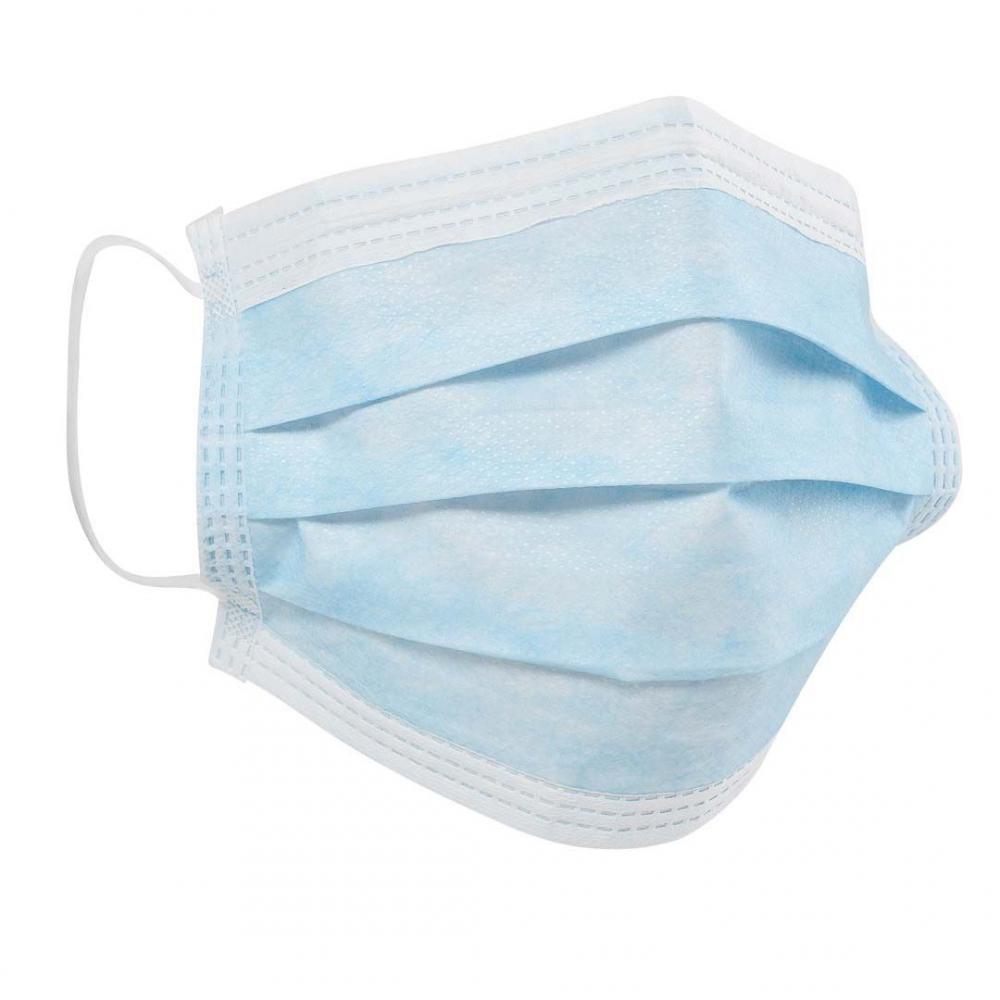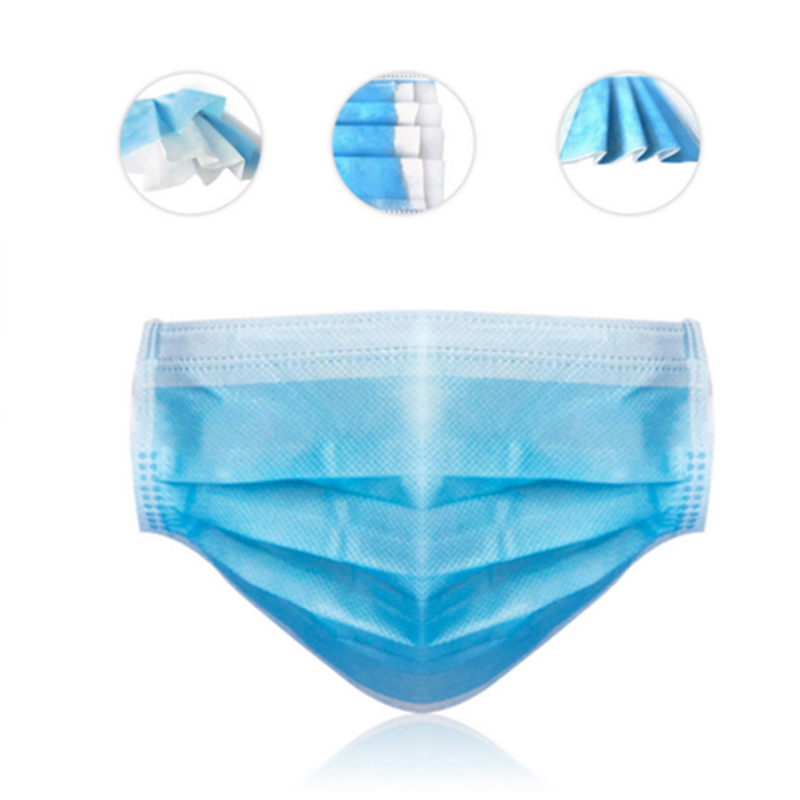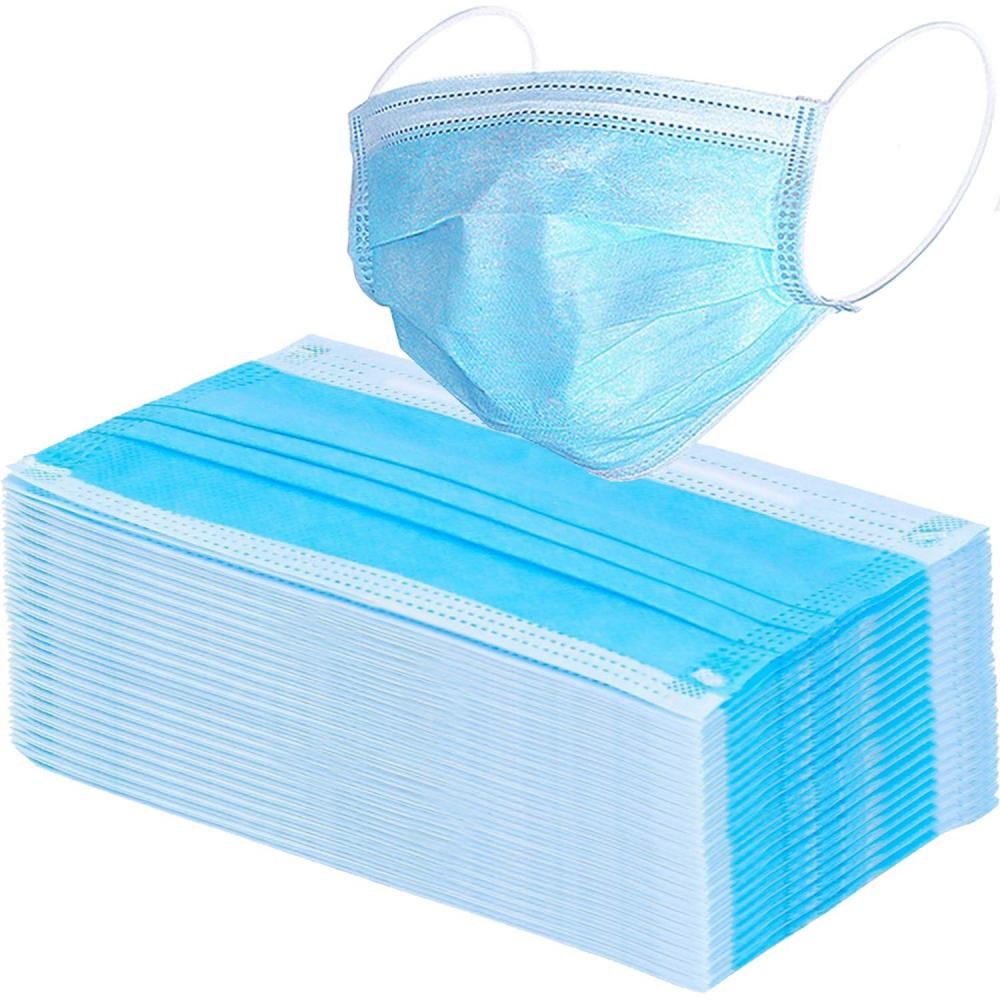In the chemical weeding of paddy fields, it is necessary to select the appropriate herbicide, master the optimal application period, strictly follow the safe and effective dose, and pay attention to the application of the environment to the efficacy of the rice field and the correct application of the pesticide. The herbicidal effect is good and the key to rice safety.
First, pay attention to the basic principles of using herbicides. The three basic principles that should be mastered in the use of herbicides in rice fields:
First, we should choose the appropriate herbicide according to the type of paddy field. The fields of Putian, live field, throwing field and artificial planting should be treated differently. Forage, live field and throwing field should not use herbicides containing acetochlor or metsulfuron. Caolong, Jingkecaoxing, ricegrass and chlorpyrifos, these herbicides are only suitable for artificial planting. If the rice field type is not distinguished, the herbicide is used indiscriminately, and the chemical weeding of rice field often fails to achieve the expected effect.
The second is to choose the herbicides according to the herbicide range specified in the herbicide instructions. Some herbicides only have control effects on monocotyledonous weeds (commonly known as narrow-leaf grasses) such as valerian, and some herbicides can only Kill dicotyledon weeds (commonly known as broadleaf weeds) such as ragweed.
The third is to use herbicides according to the type of weeds in the rice fields, that is, according to the weed objects that need to be controlled. This is the basic principle that must be followed to ensure the weeding effect.
Second, pay attention to choose the best application period
First, it is necessary to choose the application of weeds in the most sensitive period of herbicides in order to improve the herbicidal effect. The second is to choose the application of rice in the strongest growth period of herbicide resistance to ensure the safety of seedlings. In general, weeds are most sensitive to herbicides in the seed germination stage and seedling stage, and herbicidal effects are most likely to exert pharmacological effects; rice is most sensitive to herbicides before germination and 4 leaf stage, and is prone to phytotoxicity. The concentration of the agent should be noted when the herbicide is applied at the stage.

Third, pay attention to the safe and effective dose of herbicide and the actual area of ​​rice paddy
The amount of drugs required for different herbicides to control weeds in rice fields varies greatly, especially for some herbicides with a small amount of drug. The amount of drug is not allowed to be used. It is easy to produce phytotoxicity when used more, and the effect of weeding is less. . To this end, the dosage should be calculated strictly in accordance with the safe and effective dose of various herbicides and the actual area of ​​the paddy field.
Fourth, pay attention to the effect of the application environment on the efficacy and safety of herbicides
Generally speaking, in rice fields with high organic matter content, the soil has strong adsorption effect on herbicides, and the dosage can be increased as appropriate; when the temperature is high, the efficacy of the herbicide is easy to play, and the dosage should be appropriately reduced; otherwise, the amount is appropriately increased; When dry, it is not advisable to apply the medicine. In particular, it is not advisable to apply the medicine soil to avoid medicinal damage on the leaves. The intensity of light has a great influence on herbicides. Substituted urea and trozabenzene herbicides are typical photosynthetic inhibitors. If they are exposed to strong light for several days after application, the herbicidal effect can be improved, while pentachlorobenzene can be improved. Phenol sodium is easy to decompose and should be applied on cloudy days.
Fifth, pay attention to the correct application method
Chemical herbicides are applied to rice fields. The common application methods are spray and application. The method of application should be based on the type of herbicide, and it must be applied according to the method specified in the instructions. Spray is generally used for contact-type herbicides. It is required to achieve uniform spray, no heavy spray, no leakage spray; the application should be carried out by two-stage dilution method, and evenly spread with fine sand or fertilizer. After application, the field moisture should be managed as required in the instructions.
Shanghai Rocatti Biotechnology Co., Ltd. is a professional enterprise of rehabilitation and medical device products with sales and service as the main body. Since its establishment, the company has been committed to the development of medical devices. Its products involve the production of epidemic prevention materials such as gynecology (obstetrics), Urology, neurosurgery, kn95 medical protective masks, daily use flat masks, and the research and development of total nutrition slimming food. It can provide a complete range of first, second and third class medical device configuration schemes for general hospitals and specialized hospitals.



Nonwoven Face Mask,Non-Woven Facial Face Mask,Non-Woven Face Mask Ffp2,Non-Woven Surgical Face Mask
Shanghai Rocatti Biotechnology Co.,Ltd , https://www.shljdmedical.com